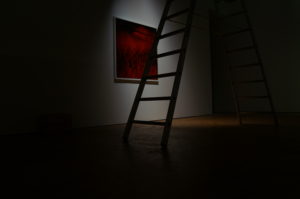Editorial

STS Multiple
Building bridges: new realities, new education approaches and collaboration
by O.Zvonareva, E.Popova, T.Stepurko, K.Horstman
Cherish, not Perish
Catalyst: Feminism, Theory, Technoscience
by Editorial Collective
STS Events
Procedures to deal with modernity without irony
by Arthur Petersen
Reset Latour!
by Line Marie Thorsen, Anders Blok
Gedankensprüngeausstellung
by Alexa Färber
EASST Funds Reports
Does History Matter? Techno-sciences and their Historically Informed Policies
by Stathis Arapostathis
Technosciences of Post/Socialism: Technosciences, materialities and knowledge production in Eastern Europe
by Zoltán Ginelli, Márton Fabók, Ivana Damnjanović